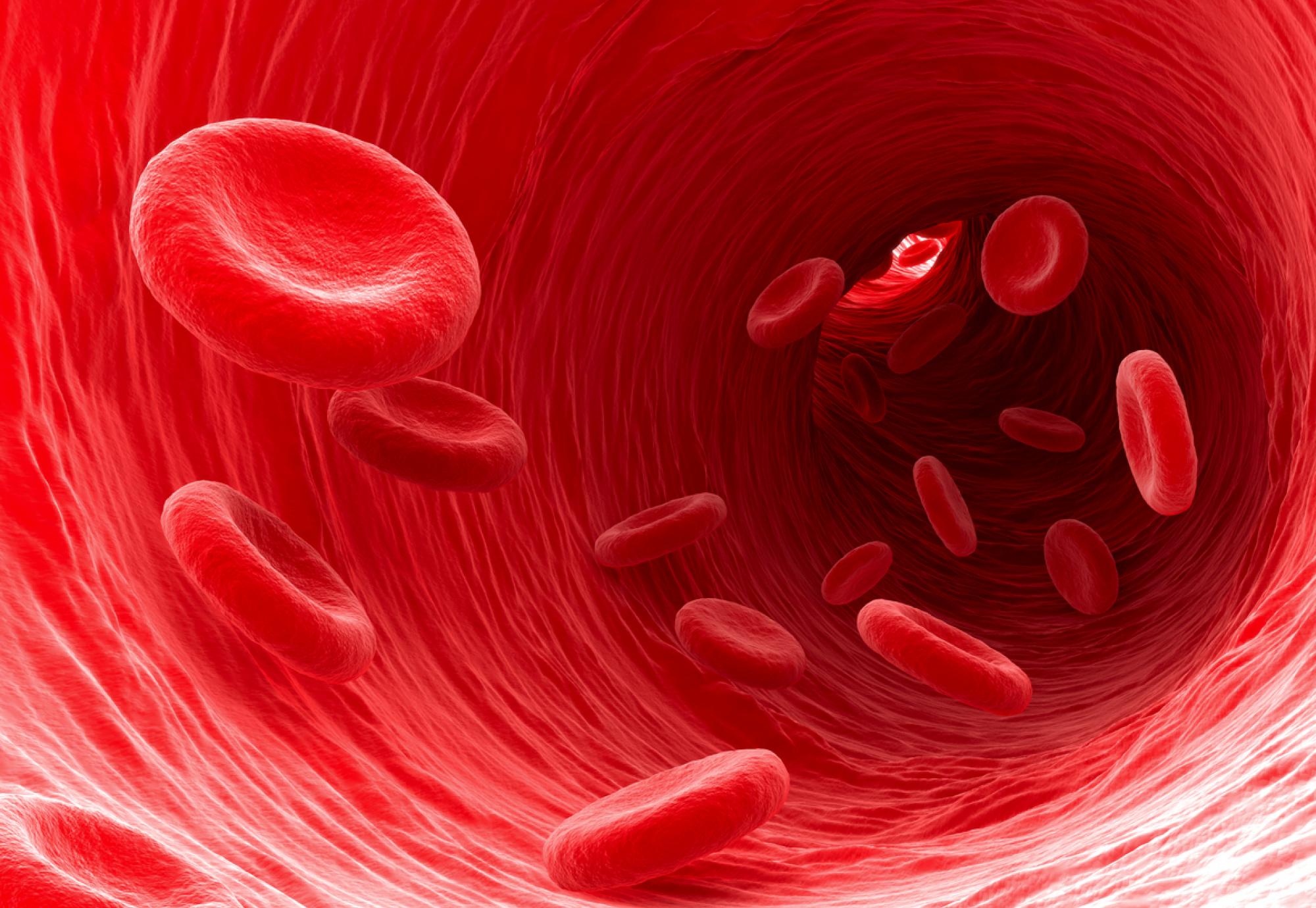For the first time ever, researchers have been able to give lab-grown red blood cells to another person as part of a blood transfusion trial; a feat that could lay the foundations for a series of revolutionary advancements in healthcare.
The research coup has come during the NIHR-funded RESTORE trial – a joint venture between NHS Blood and Transplant and the University of Bristol – which is investigating the differences in lifespan between lab-grown red blood cells and infusions of standard blood cells from the same donor.
If the researchers’ hypothesis of the lab-grown blood cells performing better than the natural ones is proven to be true, it could change the game for people with blood disorders like sickle cell disease and those who need regular blood transfusions.
So far, the two people have been transfused with the man-made cells have reported no adverse or untoward side effects, thus giving health leaders hope that this could be the first step to making lab-grown red blood cells more widely available as a clinical treatment.
Before that though, researchers will need to conduct further clinical trials into the efficacy and safety of the procedure, meaning, for the time being at least, the treatment would only be available for those with very complex transfusion needs.
Professor Lucy Chappell, NIHR Chief Executive, commented: "These NIHR-supported researchers have made it possible to grow blood in the lab, turning what sounds like science fiction into a ground-breaking reality. Giving lab-grown blood could offer crucial treatments to people who aren't suitable for normal blood transfusions. This is really exciting progress that is another example of the world-leading life sciences opportunities that the UK has to offer."
Co-Chief Investigator, Ashley Toye, Professor of Cell Biology at the University of Bristol and Director of the NIHR Blood and Transplant Unit in red cell products, said: "This challenging and exciting trial is a huge stepping stone for manufacturing blood from stem cells. This is the first-time lab grown blood from an allogeneic donor has been transfused and we are excited to see how well the cells perform at the end of the clinical trial."
Fellow Co-Chief Investigator, Cedric Ghevaert, Professor in Transfusion Medicine and Consultant Haematologist at the University of Cambridge and NHS Blood and Transplant, added: "We hope our lab grown red blood cells will last longer than those that come from blood donors. If our trial, the first such in the world, is successful, it will mean that patients who currently require regular long-term blood transfusions will need fewer transfusions in future, helping transform their care."
Further man-and-brainpower was supplied to the project by Guy’s and St Thomas’ NHS Foundation Trust, Cambridge University Hospitals NHS Foundation Trust, the University of Cambridge, and Cambridge’s NIHR Clinical Research Facility.
For more information on the ground-breaking trial, click here.



















